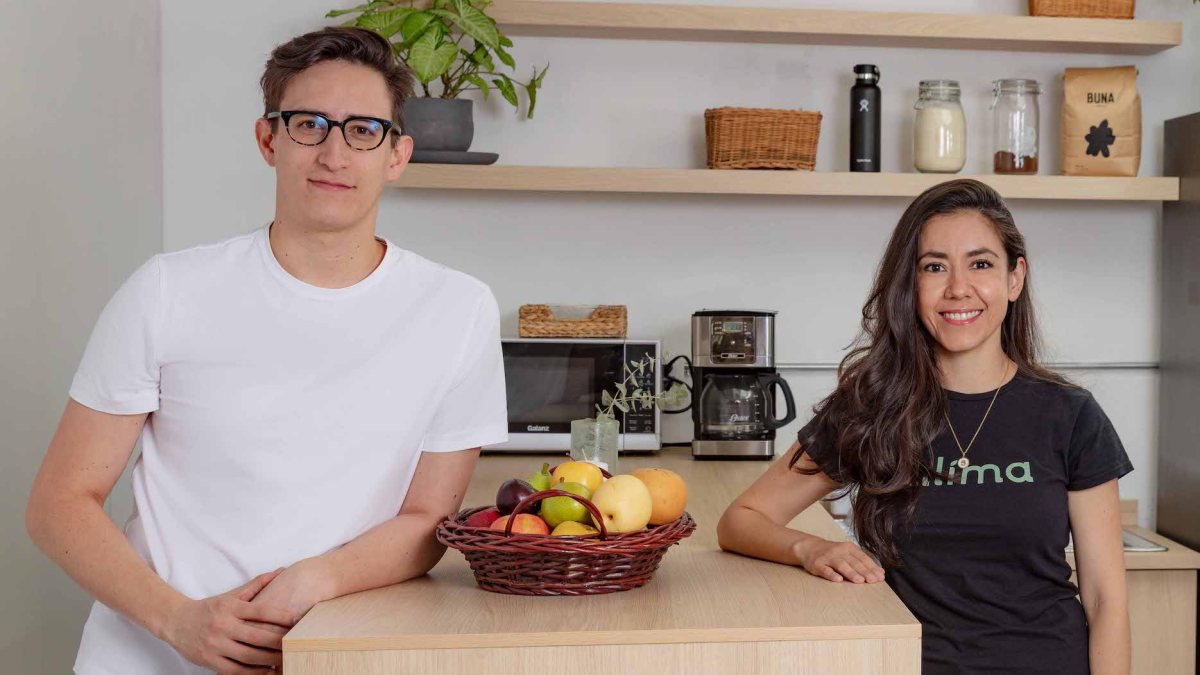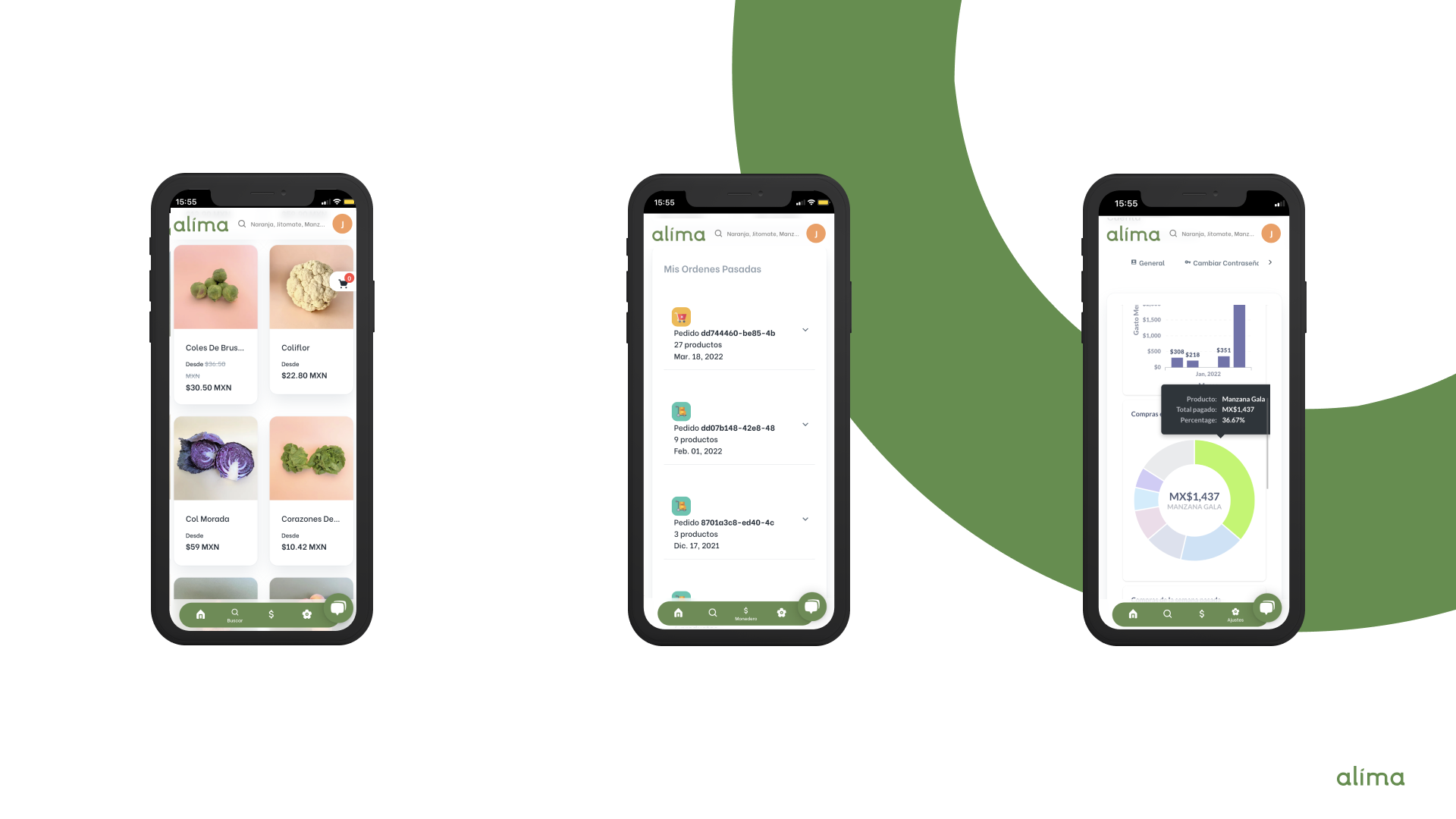Alima aims to build out Latin America’s perishable foods supply chain • TechCrunch

Alima, a Mexico-based supply chain startup, raised $1.5 million in new funding to continue developing data-driven tools for businesses to source the produce they need and have it delivered directly to them.
The procurement process today in Latin America is complicated and expensive, co-founder and CEO Jorge Vizcayno told TechCrunch. He explained that restaurants, hotels and catering companies typically have to go to crowded markets, negotiate with several vendors, verify the quality of the products and arrange for transportation — often having to drive hours to pick it up themselves.
On the other side, farmers and distributors face uncertainty about the quality of their products once they leave their facilities, having enough quantity to meet demand and if they are getting a fair price.
The market for fresh produce in Mexico is expected to grow by $4 billion over the next four years, so Vizcayno and co-founder Blanca Espinosa started Alima in June 2021 to help solve these problems in anticipation of that growth.
Vizcayno’s background is in mechatronics engineering, machine learning and data science, and he co-founded Tuibo, a smart wearable device for cyclists, and was former chief technology officer of Byprice, a price comparison platform in Mexico, before forming Alima. Espinosa, who is Alima’s chief marketing officer, previously held growth and marketing roles with Coca-Cola FEMSA, Amazon and Uber.
Alima’s platform digitizes and optimizes procurement, transport and traceability using artificial intelligence and analytics integration so that less food is spoiled. Now instead of going to the market each morning, businesses can order items as late as 10 p.m. and have it delivered to their shops by 7 a.m.
The company currently offers 800 product SKUs, but Espinosa says Alima is willing to do the homework for customers so they don’t have to go to more than one place to find items.

Alima produce supply chain
“Our philosophy is if we don’t have it, we will find it,” she said. “If a fine-dining restaurant needs something specialized, we look for a good supplier. It takes less than three days in some cases to find what they want, and then we have it. That agility in our catalog and SKUs is something we haven’t seen before.”
Features also include tax invoices, payments, checkout and spend tracking. For farmers and distributors, this method reduces the number of “links” on the supply chain and provides better price transparency.
Vizcayno calls Frubana, a Colombia-based company connecting restaurants to suppliers, Alima’s closest competitor. However, instead of being a “one-stop shop” as Frubana describes itself, Alima is focused just in the supply chain niche.
“We are aiming for full vertical integration,” he said. “This is only attainable by focusing on one category and scaling the value proposition along multiple distribution channels.”
Now armed with $1.5 million in new funding, the company will be able to scale its operations. The funding was led by Soma Capital, Y Combinator (the company was in the Winter 22 batch), The Dorm Room Fund, Seed9, Pareto and a group of angel investors.
Alima grew revenue 10x since January and continues to grow each month in double digits. It currently works with 600 customers, and Vizcayno expects to nearly triple the number of customers by the beginning of the year.
The company started last year with restaurants and hotels and is now expanding to schools, hospitals and CPG factories; plans include retailers and export trades, as well as adding food items that businesses like meat market chains are looking for, Vizcayno added.

/cdn.vox-cdn.com/uploads/chorus_asset/file/25547483/SDCCTrailer_FrameGrabs_Galadriel_01.jpg)




